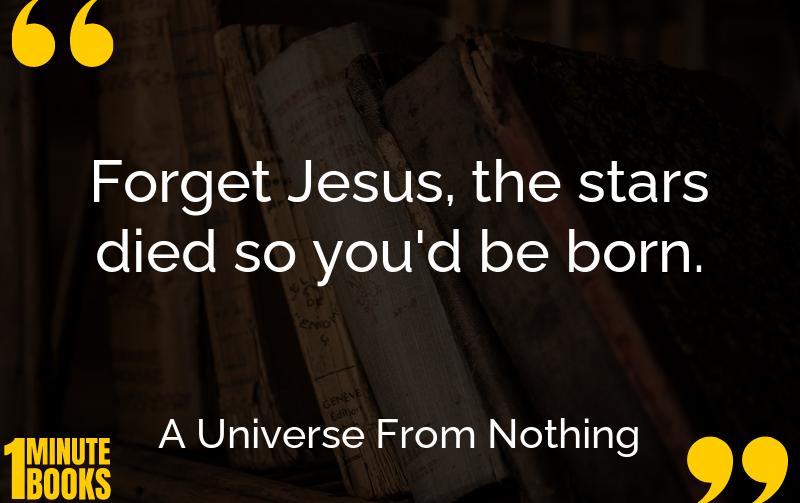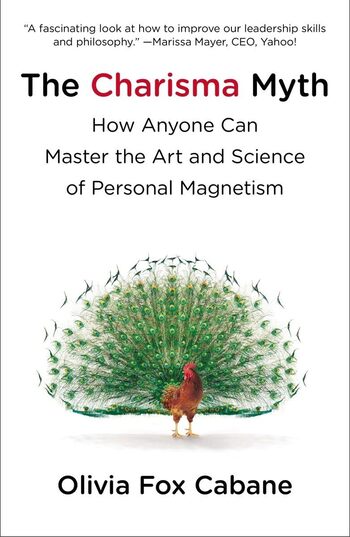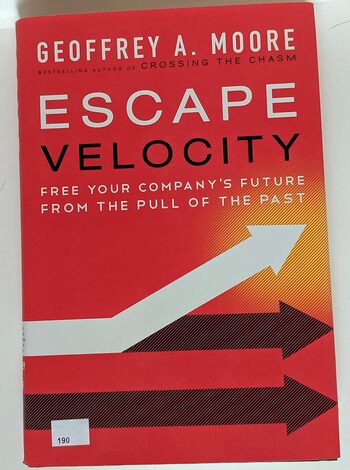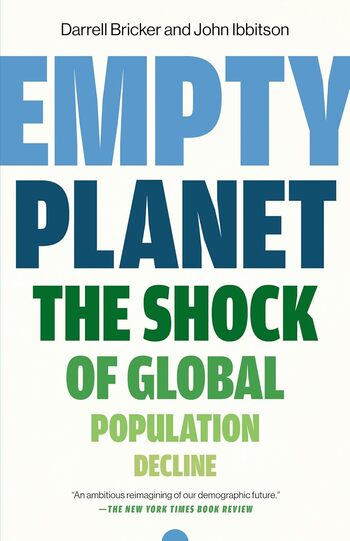
Lawrence M. Krauss explores how quantum mechanics and relativity suggest that the universe could arise from nothing. He challenges theological notions, discusses the future of the universe, and invites a reconsideration of cosmic origins.
Main Lessons
- Quantum mechanics and relativity permit the origin of something from nothing.
- Empty space is a complex brew of virtual particles, not truly empty.
- The universe’s dominant energy exists in empty space, reshaping our cosmic understanding.
- Cosmology reveals that gravity isn’t always attractive, affecting the universe’s expansion.
- The universe’s future may be increasingly cold, dark, and empty.
- Scientific discoveries suggest a universe may exist without the need for a deity.
- Every atom in our body originates from stars, unifying us with the cosmos.
- The universe’s energy mystery persists, particularly regarding empty space.
- The Big Bang primarily produced hydrogen, helium, and lithium; stars create other vital elements.
- Cosmic evidence like galaxies may disappear, altering future perceptions of the universe.
- Our understanding of ‘nothing’ and ‘something’ has evolved significantly over centuries.
- Science alters religious and philosophical concepts of universe creation.
- Physical laws may not be immutable and might vary across different universes.
- Current scientific insights have redefined space, time, and cosmic beginnings.








